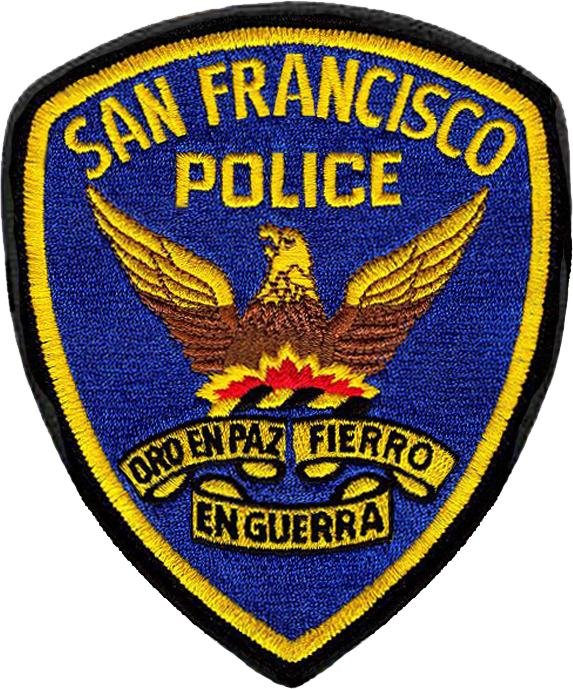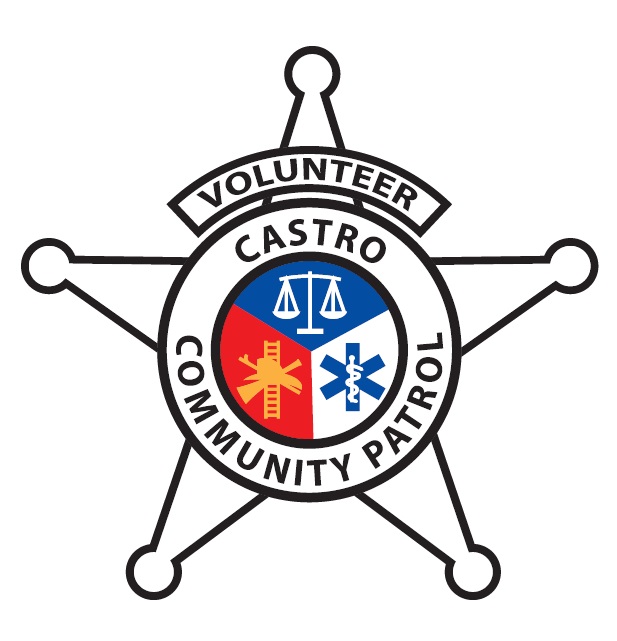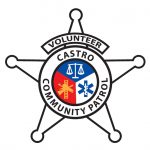CCOP is proud to work with many law enforcement agencies and organizations in cooperating to improve the safety and well-being of the community as a whole, but we also recognize that interactions with the law, and with law enforcement and police officers can be stressful, confusing, and frightening. Knowing your RIGHTS under the Constitution of the United States of America, and using common sense and peaceful compliant responses may help you navigate such encounters more positively.
This information is gleaned from various sources, and is NOT LEGAL ADVICE, as we are not lawyers; however it is reasonable and accurate at the time of publication, but you should always seek professional and qualified legal advice and guidance when needed.
If you are stopped for questioning, DO…
- DO ask “Am I free to go?” If they say ‘yes,’ leave calmly. If they say ‘no,’ DO ask to know why by saying, “Can you tell me why you are stopping me?”
- DO exercise your right to remain silent. Say “I want to remain silent.” You cannot be arrested or detained for refusing to answer questions. But it can look suspicious to the police if you answer questions and then suddenly stop. Make it your practice to always remain silent.
- DO make sure the officer knows you do not agree to be searched (they might search you anyway, but make your opposition known). Say “I do not consent to a search.”
- DO, if you are being given a ticket, give your name and birth date, and sign the ticket. If you don’t, you may be arrested.
If you are stopped for questioning, DON’T…
- DON’T disrespect a police officer. Although you have a constitutional right to do so, it could lead to your arrest.
- DON’T run away or physically resist a “pat-down” or search. Say “I do not consent to a search.”
- DON’T lie. Tell the police you don’t want to talk to them. Say “I want to remain silent.”
- DON’T forget that police are legally allowed to lie, intimidate, and bluff.
- DON’T discuss your citizenship or immigration status with anyone other than your lawyer.
If you are stopped in your car, DO…
- DO show your license, registration, and proof of insurance when asked, if you were driving.
- DO keep your hands on the wheel and let the officer know what you are doing (“I’m going to reach for my registration now.”).
- DO say “I do not consent to a search.”
- DO sign your ticket if you are given one. Otherwise, you may be arrested.
- DO ask about the consequences of refusal if you are asked to take a DUI test. Generally, you have a right to refuse a pre-arrest breath test and can say “I do not consent to the test.” However, if you are arrested for DUI, refusal to take a chemical test after your arrest will result in your license being suspended.
- DO keep your car interior clear of unnecessary objects. It may give the police reason to search the car.
- DO ask if you can park your car in a safe place or have a licensed driver take it away, if you are arrested, to avoid towing or impoundment fees.
NOTE: An AB 60 license should be accepted by state and local law enforcement in California, the same as other state-issued IDs.
If you are stopped in your car, DON’T…
- DON’T physically resist a search. Say “I do not consent to a search.”
- DON’T refuse to sign a ticket. You can be arrested for it.
- DON’T search for your license or registration until asked. It may look as if you are trying to hide something.
- DON’T disrespect the officer. Although you have a constitutional right to do so, it could lead to your arrest.
- DON’T attempt to bribe the police.
- DON’T play music loudly when the police walk up to your car.
- DON’T have any objects hanging from your rearview mirror. It may give police a reason to pull you over.
If you are arrested or taken to a police station, DO…
- DO comply without any physical resistance with the arrest to prevent your injury. Fight the matter in court, not at the moment of arrest or in the police station.
- DO tell the police your name and basic identifying information.
- DO say “I want to remain silent” and “I want to talk to a lawyer.” They should stop questioning you after that.
- DO make sure you get your 3 phone calls within 3 hours of getting arrested or immediately after being booked. You can call a lawyer, bail bondsman, relative, or any other person. If you have children under 18, you get 2 additional calls to arrange childcare. Memorize phone numbers ahead of time.
- DO assume the police are recording your calls (except the call with your lawyer).
If you are arrested or taken to a police station, DON’T…
- DON’T physically resist or fight an arrest or procedures at the police station. Comply, and fight the matter in court later.
- DON’T give any information except for your name and basic identifying information without your lawyer present.
- DON’T give explanations, excuses, or stories. Say “I want to remain silent” and “I want to talk to a lawyer.”
- DON’T talk about your case on the phone. The police might be recording your phone calls (except those to your lawyer).
- DON’T make any decisions in your case without talking to a lawyer.
- DON’T discuss your citizenship or immigration status with anyone other than your lawyer.
If you wish to record encounters with law enforcement, DO…
- DO consider recording when you are in public, and when it is safe to do so. You have a right to record law enforcement officers in public spaces like streets, sidewalks, and parks.
- DO report abuse by law enforcement agencies to your local ACLU. You can also download the ACLU’s Mobile Justice app to record and share these encounters directly.
This guide is meant to offer some basic advice when interacting with police officers. This list applies to the state of California only. Be sure to consult a lawyer. Know Your Rights! When you know what the law says, you can better protect yourself, your family, and your community. The ACLU Foundation of Northern California has created many Know Your Rights guides on a range of issues.



